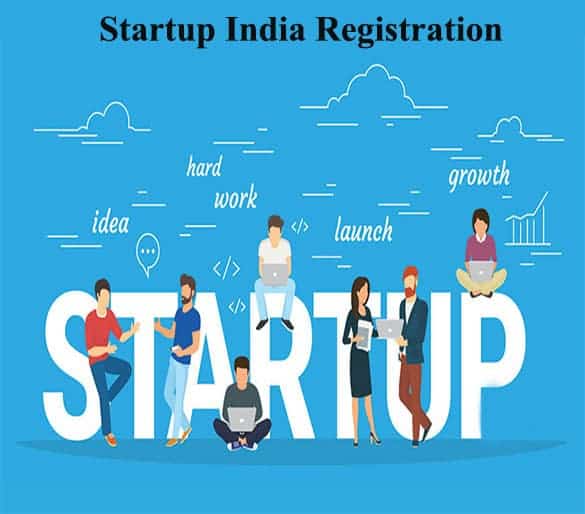Startup India Registration

Overview of Startup India Registration
- In January-2016, Government of India has introduced the Startup India scheme. The primary motive of this scheme is to create many start-ups in India.
- Under this scheme government has make India as a country of job creators instead of job seekers.
- Startup India is build a strong eco-system for nurturing innovation, sustainable economic growth and generates large scale employment opportunities.
- National Single Window System (NSWS) manages the programs under Startup India Scheme.
- The startup India registration process has broadened the scope of development by creating job opportunities in the Indian economy.
- The main aim of startup india registration was to empower startups to grow through innovation and design.
- Now a days company DSC was mandatory for Startup india registration
Documents Required for Startup India Registration

All directors/partners aadhaar card

All directors/partners pan card

Company incorporation certificate (either PLC or LLP) or registered partnership firm deed and pan card

GST Certificate
Eligibility to apply for Startup India Registration
- A company shall be considered as a startup up to 10 years from the date of its incorporation.
- The company must be incorporated as a private limited company or a limited liability partnership or registered partnership firm.
- The company turnover should be less than Rs.100 crores in any of the previous financial years.
- The startup company should not have been formed by splitting up or reconstructing an already existing business.
- The startup company should be working towards innovation/ improvement of existing products, services and processes and should have the potential to generate employment/ create wealth.
Benefits of Startup India Registration
- The registered startup companies can be eligible to be exempted from paying income tax for 3 consecutive financial years out of their first ten years since incorporation.
- DPIIT recognized startup companies can easily register on GeM (Government E-Marketplace) portal as sellers. The companies sell their products and services directly to Government entities. This is a great opportunity for startups to work with an Indian government.
- The startup companies have been exempted from submitting Earnest Money Deposit (EMD) or bid security while filling government tenders.
- In order to promote startups, the government shall exempt startups in the manufacturing sector from the criteria of “prior experience/ turnover” without any compromise on the stated quality standards or technical parameters.
- As per the Insolvency and Bankruptcy Code, 2016, startups with simple debt structures or those meeting certain income specified criteria can be wound up within 90 days of filing an application for insolvency.
- Startups shall be allowed to be self-certify compliance for 6 Labour Laws and 3 Environmental Laws through a simple online procedure. In the case of labour laws, no inspections will be conducted for a period of 5 years. Startups may be inspected only on receipt of credible and verifiable complaint of violation, filed in writing and approved by at least one level senior to the inspecting officer.
Startup India Registration Process

Collect the proper details and documents from the users.

Verify all the details and documents and filing to the Govt side
Get the approval from govt side.
Startup India Registration Fees
Basic
Rs.4000
- Startup india registration
- Partnership firm registration
- Private limited company registration
Standard
Rs.6000
- Startup india registration
- Partnership firm registration
- Private limited company registration
Premium
Rs.13000*
- Startup india registration
- Partnership firm registration
- Private limited company registration
*Amount maybe increase or decrease depends upon number of directors, particular state stamp duty fees, govt fees.
